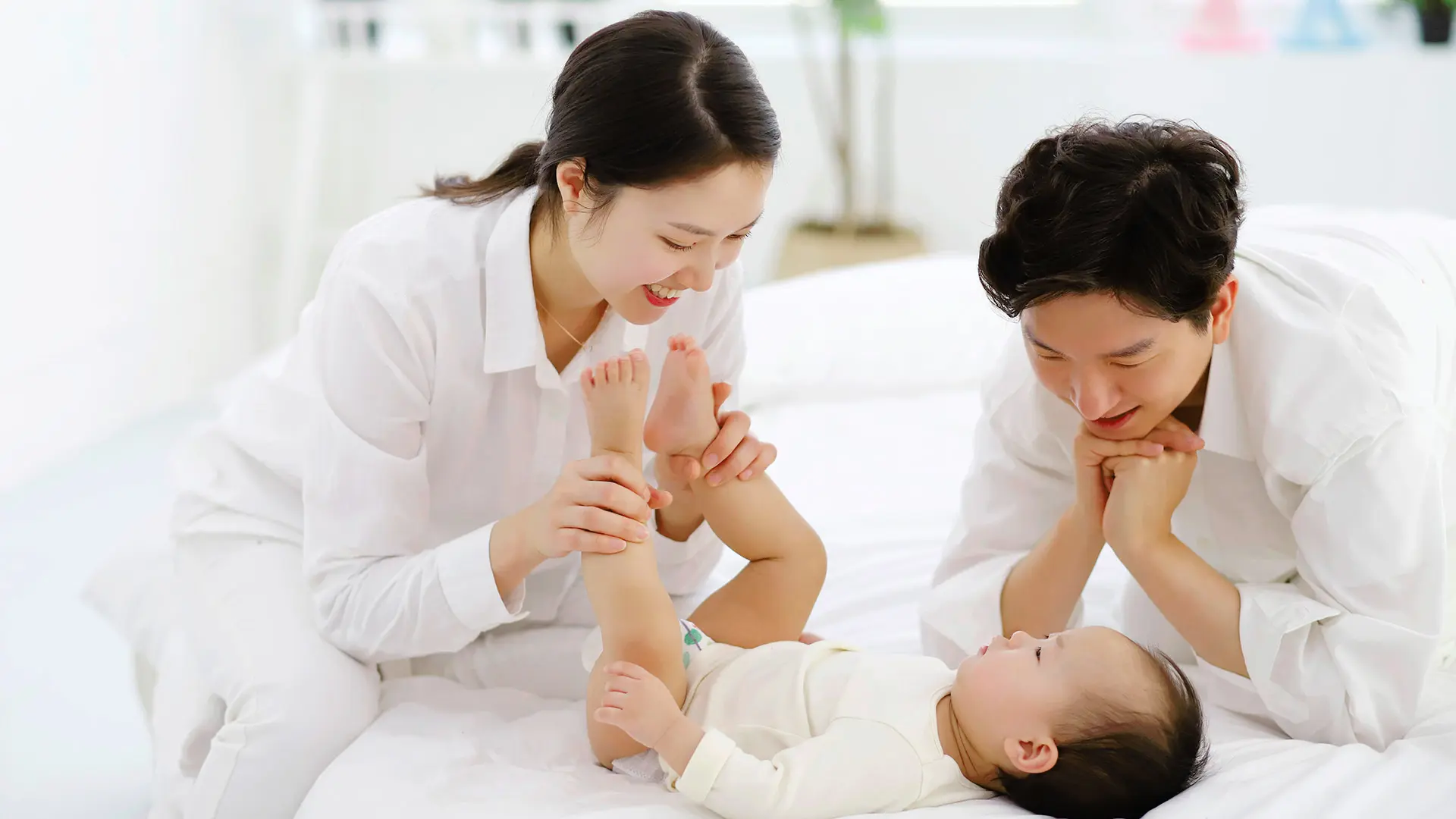-
-
Featured Care Areas


Postnatal Care
Settling into life with a newborn requires patience and a great deal of commitment. Most parents find the first 6 – 8 weeks the most challenging, having to constantly learn, adapt and attend to baby's needs round the clock.
After-birth care
We understand you'll want to spend as much time as possible bonding with your little one, which is why we've put together a comprehensive suite of postnatal services.
Rest assured our experienced team of nurses and consultants is at hand to care for you throughout the postnatal period. As a new mummy, you can look forward to a comfortable hospital stay with:
- Immediate skin-to-skin contact with your baby.
- Personalised lactation consultation and baby bath demonstration.
- Comprehensive screening tests for your baby, including blood test, bilirubin test, hearing screening and vaccinations.
- 5 customised confinement meals each day, served with longan and red date tea.
- Complimentary daily meals for fathers.
Receive mental well-being support after delivery
All mothers who deliver at Gleneagles Hospital will get 1-year access to mental wellness app, Intellect.
Intellect is an app that offers mental wellness self-care programs and specialised 1 – 1 coaching and therapy sessions* that are designed for your postpartum journey.
For more information, speak to our front office staff in our lobby or join our maternity tour.
*T&Cs apply
Post-discharge care
Collapse All
After giving birth, your body will need time to rest and recover.
Be patient as your body adjusts and reverts to its pre-pregnancy state. Your uterus will shrink in size and you may feel some painful cramping. Your hormones will be fluctuating. You may also experience sore nipples, painful or itchy haemorrhoids, constipation, and swelling of your hands and feet.
Most women take around 6 – 8 weeks to feel mostly recovered, but this can vary depending on whether you had a vaginal, assisted or caesarean delivery.
During this time, it is important to care for yourself by getting enough rest, eating a healthy diet and consuming sufficient fluids. Remember that you need to look after yourself in order for you to look after your baby.
Confinement is the period when a mother recuperates from childbirth. Most Asian cultures have a set of practices designed to promote recovery. While the specifics vary, they often include restrictions on activities such as bathing and types of food or drink that should or should not be consumed.
Speak to your doctor if you have any questions or concerns about confinement practices. It is important to prioritise your wellbeing during this resting period. At the end of the day, your health and the health of your baby is what matters most.
The World Health Organisation (WHO) recommends exclusive breastfeeding for babies in their first 6 months of life. This means that aside from breast milk, the baby should not be given any other food or liquid, even water.
There are many benefits of breastfeeding for both mother and baby:
- Breast milk provides all the nutrition babies need to grow, and also contains antibodies needed to protect them against common illnesses.
- Babies who are breastfed are less likely to experience digestive problems such as diarrhoea and constipation, respiratory illnesses, and infections like bacterial meningitis.
- Breastfeeding helps the mother's uterus contract and revert to its original size, and encourages post-partum weight loss.
- Breastfeeding also lowers the mother's risk of post-partum depression and breast and ovarian cancer.
- Most importantly, breastfeeding enhances the bonding experience between mother and child.
Taking care of a young infant is no easy task. Babies need plenty of care round-the-clock, from frequent feedings and burping to diaper changes and making sure they're safe and comfortable. It may feel overwhelming, especially if you're a first-time parent.
Having a support network of friends and family, or additional hired help at home, even for a short period of time, can be very helpful.
In time, you will become more familiar with caring for your baby, recognise your baby's cues and needs, and eventually develop a comfortable routine that works for both of you.
Birth registration
Remember to register your baby online through the LifeSG app within 42 days of birth.
Upon successful registration, you will receive a notification to download your child’s digital birth certificate via the Immigration and Checkpoints Authority (ICA) website.


